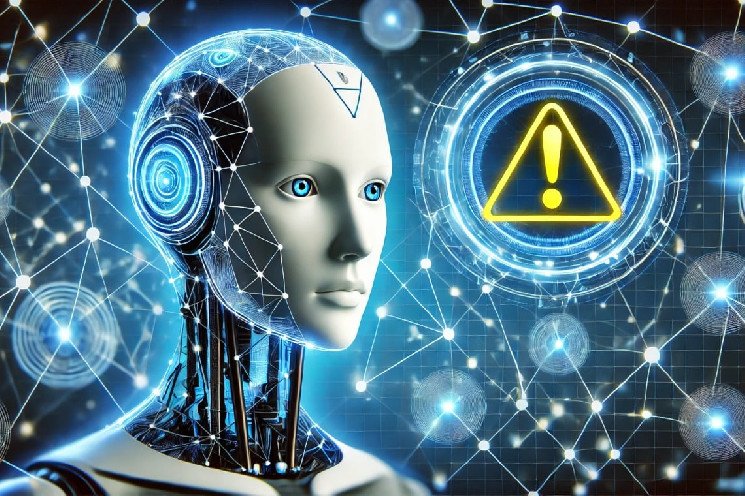Recent research suggests that blockchain technology is emerging as a crucial tool in mitigating the potential negative impacts of AI applications.
While artificial intelligence has transformed various industries, it has also raised concerns about ethical dilemmas, data security, and transparency.
Similar to blockchain, cryptocurrency plays a vital role in complementing artificial intelligence, offering new avenues for innovation and security in the digital era. Read on for more details.
How Blockchain Can Counteract Negative Effects of AI Applications
Blockchain and cryptocurrencies are recognized as essential instruments in minimizing the risks associated with AI, providing innovative solutions for content authentication and identity verification.
The introduction of generative artificial intelligence has presented policymakers with new challenges in regulating these advanced technologies.
By embracing cutting-edge technologies, we can guide AI towards beneficial applications and establish a secure and transparent digital environment.
One pressing issue is ensuring the authenticity of content in a landscape where synthetic media can be easily generated.
Deepfakes, in particular, pose a significant threat by enabling the impersonation of public figures or the dissemination of fake media as authentic.
Blockchain technologies offer immutable ledgers that can verify the genuineness of images and videos.
Organizations like the Coalition for Content Provenance and Authenticity (C2PA) are working on technical standards to address this challenge, although the outcomes are still evolving.
Implementing blockchain in recording devices like cameras and smartphones could guarantee the validation of every image or video as authentic on a pixel-by-pixel basis.
Projects like the Numbers Protocol exemplify the progress being made in this area.
Identity Verification and Secure Transactions
In addition to content authenticity, AI raises concerns about online identity verification.
Large language models such as ChatGPT can mimic an individual’s writing style, complicating identity validation.
There is a growing need to combat cybercrimes like identity theft and ensure age verification on social platforms.
Cryptocurrencies offer a potential solution with digital identity infrastructure based on biometric authentication and zero-knowledge proofs.
Initiatives like Worldcoin, championed by OpenAI CEO Sam Altman, are exploring these innovative approaches.
Governance of AI Agents
The proliferation of artificial intelligence agents poses new governance challenges for the online realm.
These agents, capable of executing complex tasks on behalf of humans, could serve as trusted advisors interacting with other agents and individuals, even in financial transactions.
However, integrating these agents into the traditional banking system remains a distant goal.
Stablecoins, cryptocurrencies pegged to the dollar’s value, could play a pivotal role in this scenario.
If regulated and widely adopted, stablecoins could facilitate financial transactions of AI agents, offering a secure and familiar option for users and financial institutions alike.
Despite being a mature technology, cryptocurrencies continue to grapple with adapting to regulatory and financial systems not initially designed for them.
Through a combination of policy measures and technological advancements, we can build a digital ecosystem equipped to tackle the challenges of the impending industrial revolution driven by artificial intelligence.

